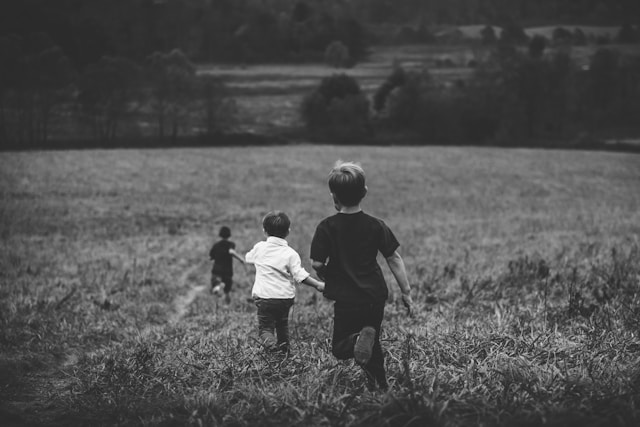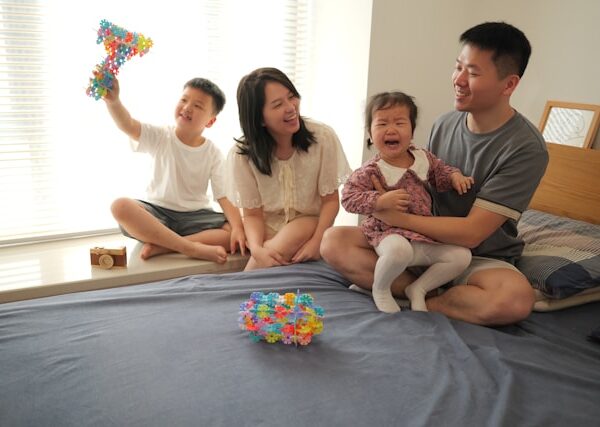First posted to: https://surehopecounseling.com/wounds-of-a-mostly-happy-childhood/

Healing from family-of-origin wounds may seem irrelevant if you remember mostly a happy childhood. Maybe even more so if you were “raised in the church.” Consider these words from a wise pastor and author of “Emotionally Healthy Spirituality” who asserts that spiritual maturity and emotional health are inseparable:
”God’s desire for us to leave our families is similar to the desire he had for the Israelites to leave Egypt… we may choose to become Christ followers, but in reality we continue to follow, probably unconsciously, the commandments and rules we internalized in our families of origin. The great problem, of course, is when our family’s invisible scripts are contrary to Christ’s. And when the family commandments passed on to us are so deeply imbedded in our DNA that we cannot even discern the difference the result can be tragic.” (Pete Scazzero, pg. 100).
Anyone remember the childhood Sunday School story about Joseph and his coat of many colors? He flaunted this lavish gift as a show of Jacob/dad’s favoritism, inciting his brothers’ jealousy and their murderous plot. Joseph ends up having a very profound story of redemption (not free from pain), but I wonder if one of his brothers experienced a father wound from *not* being the favorite son. What about Jacob’s own mother passing on this pattern for preference that benefitted him at the expense of a sibling? While raising twin boys, Rebekah helped Jacob steal his brother Esau’s birthright by tricking their blind and elderly father to bestow the birthright to twin B instead of twin A? Likewise, I wonder if Esau felt the effects of maltreatment and harm from his mother. As a twin Mom, I used to joke when they were toddlers that while watching them solo I might need to “pick which one I loved more” at any given moment if they ran in opposite directions toward danger.
In all seriousness, I’m curious how many readers might identify as a less-than-favorite child (sometimes called a black sheep or scapegoat) in his/her family? Alternately, if you’re a parent of more than one child, perhaps one of your kids is likely “easier” to understand and parent than another because he/she thinks/behaves more like you (and thus better!) than your spouse. Might you enjoy this bond with your child particularly more during a season of tension, misunderstanding or distance from your spouse? Without being harsh, these might be the makings of family-of-origin wounds that are often explored in counseling sessions. Even while most of us (as parents) are doing the best we can, we may pass on unhealthy styles of relating by unwittingly repeating patterns that haven’t been questioned or corrected.
If emotional unhealth is less obvious than life altering addiction or infidelity, perhaps we never even notice that we’re potentially hurting our children by being emotionally unhealthy as adults. The unhealthy style(s) of parenting mentioned above (there are more) are widely named as dysfunctional by modern psychologists (and hopefully theologians). Many of my adult clients have benefitted from the clinical expertise and empathy found in “Adult Children of Emotionally Immature Parents” by Lindsay Gibson who prefaces her work this way:
”What happens…when immature parents lack the emotional responsiveness necessary to meet their children’s emotional needs? The result is emotional neglect, a phenomenon as real as any physical deprivation.”
The goal of my writing is not to stir up dissension or rivalry amongst children and siblings, but rather to awaken discomfort in adults/parents, so that we may heal from toxic family patterns, and grow emotionally mature to affect positive change in our families for generations to come. If this is a part of your journey in counseling, I would be delighted to witness your growth and cheer you on!
-Melody Carr – learn more about working with Melody here!


